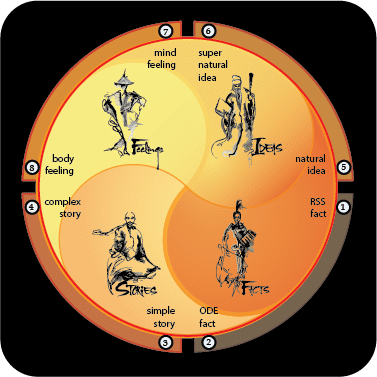What are the reasons why a hypothesis needs to be testable?
Any science based on hypotheses inherits myriad flaws. These flaws include the idea that hypotheses, by design, drastically reduce the field and scope of exploration. In doing so, they fatally skew experimental results, so much so that they guarantee these results will translate poorly to individual, real world cases. A separate but equally problematic assumption…
